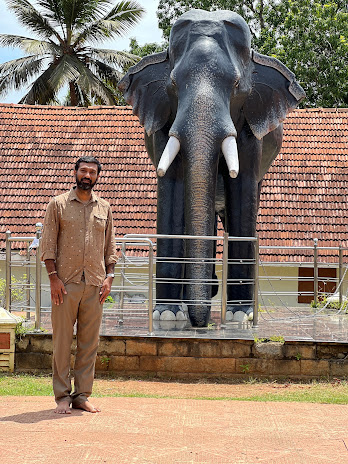Science of Addiction
Having a loved one with an addiction can be challenging and frustrating.
You may feel as if you try everything you can do to help them recover from it, but they continue to relapse to engage to do the same things again and again. While it may be difficult for you to understand, the reality is that individuals with addictions to cope with some sort of emotional pain in many cases. Knowing this can help you to support your loved one on their journey toward recovery.
Addiction and Emotional Pain
According to the psychologist, people who live with mental illnesses like depression and anxiety may use some sort of coping mechanism to self-medicate and relieve their symptoms.
When someone experiences emotional pain from depression or anxiety, addiction can temporarily numb the pain and block out negative symptoms.Over the time, as someone develops an addiction from prolonged usage of anything , then they may only feel happy when under the influence of the addicted material, and the negative consequences that come with addiction can cause mental health to deteriorate even further.
The Link Between Trauma and Addiction
Another factor that can contribute to emotional pain and addiction is the experience of trauma As the American Psychological Association (APA) explains, trauma occurs when a person is subjected to a shocking event, such as an accident or abuse. When people attempt to cope with trauma, they may struggle with unstable emotions and physical symptoms like headaches. For some people, the effects of trauma may be so severe that they develop post-traumatic stress disorder. This mental health condition produces symptoms like anger, flashbacks of the traumatic event, and a feeling of being disconnected from other people.Isolation may provide a way of coping with these symptoms.
Are Physical and Emotional Pain Related?
It is clear from the research that individuals with addictions are likely to struggle with psychological pain or tension, especially in the form of mental health issues or trauma. If it is difficult to conceptualize this idea of psychological or emotional pain, it may be helpful to learn about the relationship between physical and emotional pain. Interestingly, both forms of pain activate specific regions of the brain. For example, research has shown that when someone experiences emotional pain from grief, areas of the brain, including the prefrontal cortex, cerebellum, and thalamus, become activated. Some of these areas overlap with brain regions that become active when a person experiences physical pain. This suggests that emotional pain truly does hurt, and a person needs treatment to overcome this type of pain.
How to Cope with Emotional Pain
If you or a loved one is living with emotional pain, counseling can help you develop healthy ways of coping, so you do not turn to substance abuse to alleviate your negative emotions.Other ways to cope with emotional pain include the following:-
• If you are trying to help a loved one cope, reach out and offer a touch, such as a hug, a squeeze of the hand, or a pat on the shoulder. A recent study found that when people recalled emotionally painful experiences while holding their significant other’s hand, they felt greater levels of comfort.
• Reach out for support. If you’re dealing with emotional pain or trying to help a loved one, take time to talk. If you’re the one living with the pain, don’t be afraid to share your feelings with a family member or close friend. When supporting a loved one, be prepared to listen and offer a non-judgmental ear. Sometimes, sharing your feelings with someone else and putting words to them can help you to begin healing.
• Get your body moving. Physical activity is a natural remedy for emotional pain. Researchers have discovered that people who get minimal physical activity are more likely to suffer from depression, anxiety, and stress. Over the long term, regular exercise can help you to cope with distress. If your loved one is struggling with emotional pain, invite them to go for a walk or take them to your favorite yoga class with you.
Ultimately, if a person shows symptoms of a mental health condition like clinical depression, professional intervention is likely warranted. There is no shame in seeking treatment, whether in the form of therapy, medication, or a combination of the two, to overcome psychological distress from a mental health disorder.But what causes someone to become an addict? What makes one person more likely than another to develop an addiction problem? The answer is complicated, and there are no simple explanations for why some people become addicts while others do not
>>>Poor support system. Many people who become addict may have strained relationships with friends and family. A poor support system may turn people to go for addictive substances as a mechanism to cope with feelings of loneliness or depression.
©Renjuism


Comments
Post a Comment